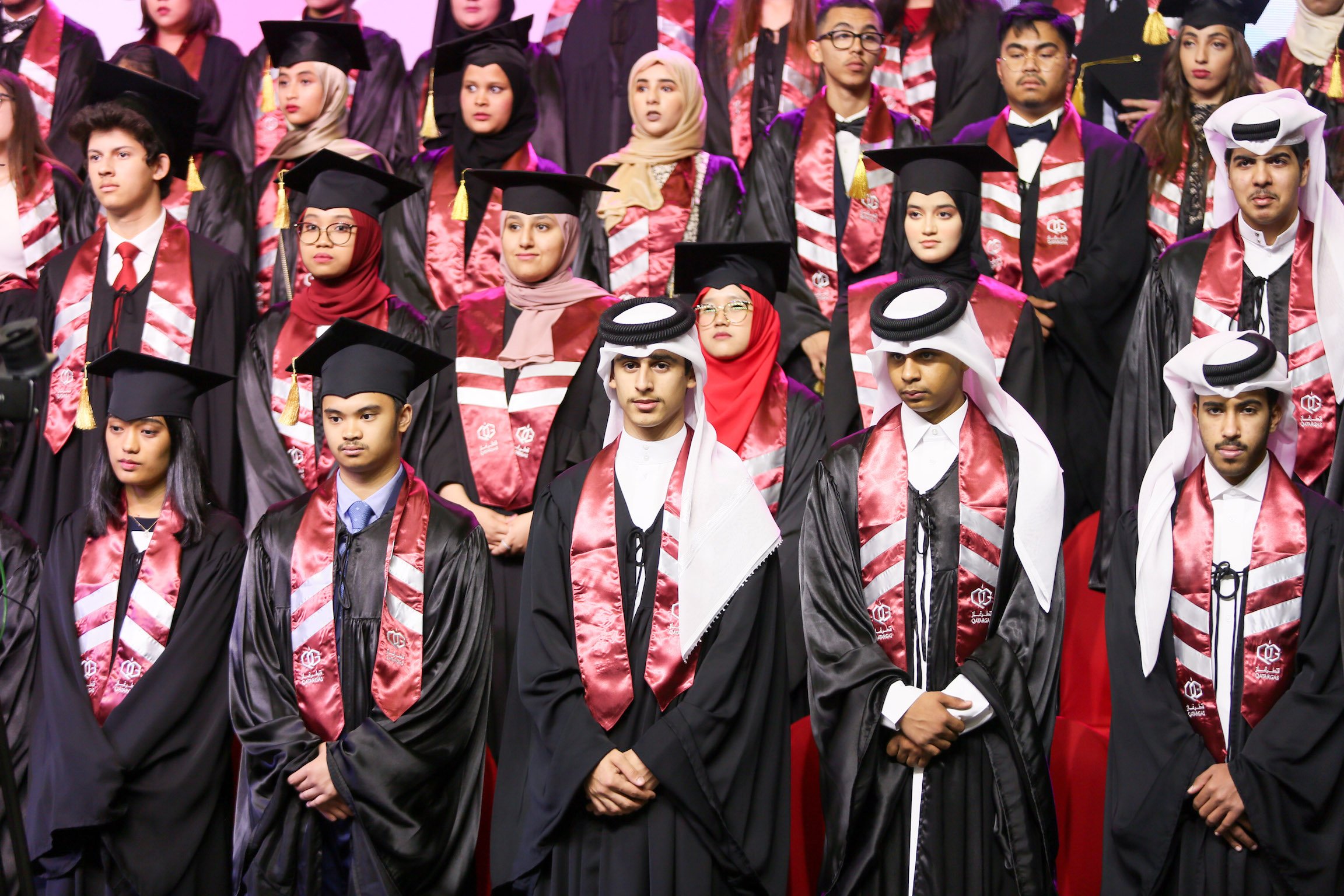Global Schools, Shared Identity. Lessons from Al Khor International School
(Seeds of Knowledge — National Identity Series #9)
How does a truly international school, like Al Khor International School (AKIS) in Qatar, foster a sense of community and belonging when its students and staff represent 50+ cultures from around the world?
In such environments, the question of “national identity” becomes even more complex and exciting. The challenge is not to erase difference, but to build a shared school identity that celebrates cultural richness while fostering unity and respect.
Here are key principles from global school experiences like AKIS that can inspire others:
1. Build a shared school identity
In a highly diverse school, national identity can’t mean promoting one dominant culture. Instead, the school itself becomes the centre of belonging, with a school vision, values, and culture that give everyone a shared sense of identity.
At AKIS, core values such as respect, responsibility, integrity, and excellence unite students and staff, no matter their background.
Shared rituals, from assemblies to school-wide service projects, help create this collective identity.
2. Celebrate cultural diversity intentionally
Diversity must be made visible and valued:
International Days where students proudly share their heritage
Language Weeks where different languages are celebrated
Cultural storytelling integrated across the curriculum
Parent involvement in cultural learning
At AKIS, events like the International Festival bring the whole school community together, a joyful affirmation that “everyone belongs.”
3. Teach global citizenship
In a global school, global citizenship education provides a powerful bridge. Students are taught to:
Understand and respect different worldviews
Value intercultural dialogue
Develop empathy, curiosity, and openness
Model United Nations (MUN), global projects, and cross-cultural leadership opportunities help students see themselves as both local contributors and global citizens.
4. Acknowledge and honour the host nation
For an international school in Qatar, it is also essential to foster respect for Qatari identity, language, and culture, ensuring that students and staff understand the nation they live in.
At AKIS, this is achieved through:
Arabic language and Islamic Studies programmes
Learning about Qatari history, values, and traditions
Community engagement with local organisations
This honours the principle ……. global identity is strengthened by rootedness in place.
5. Foster inclusive leadership
A final key is ensuring that school leadership models inclusive values:
Leadership teams that reflect cultural diversity
Policies that protect against discrimination
A culture of listening, dialogue, and respect
When leadership lives these values, they permeate the entire school.
Conclusion: Weaving a living tapestry
A school like Al Khor International School shows that identity in a diverse community is a living tapestry, woven from many strands:
Shared school values
Celebration of diversity
Global citizenship education
Respect for the host nation
Inclusive leadership
Such schools prepare students not only to succeed academically, but to lead with empathy, respect, and global vision in an interconnected world.
In our next article, we will explore another approach, continuing to gather global insights for building inclusive, future-ready identities in education.
